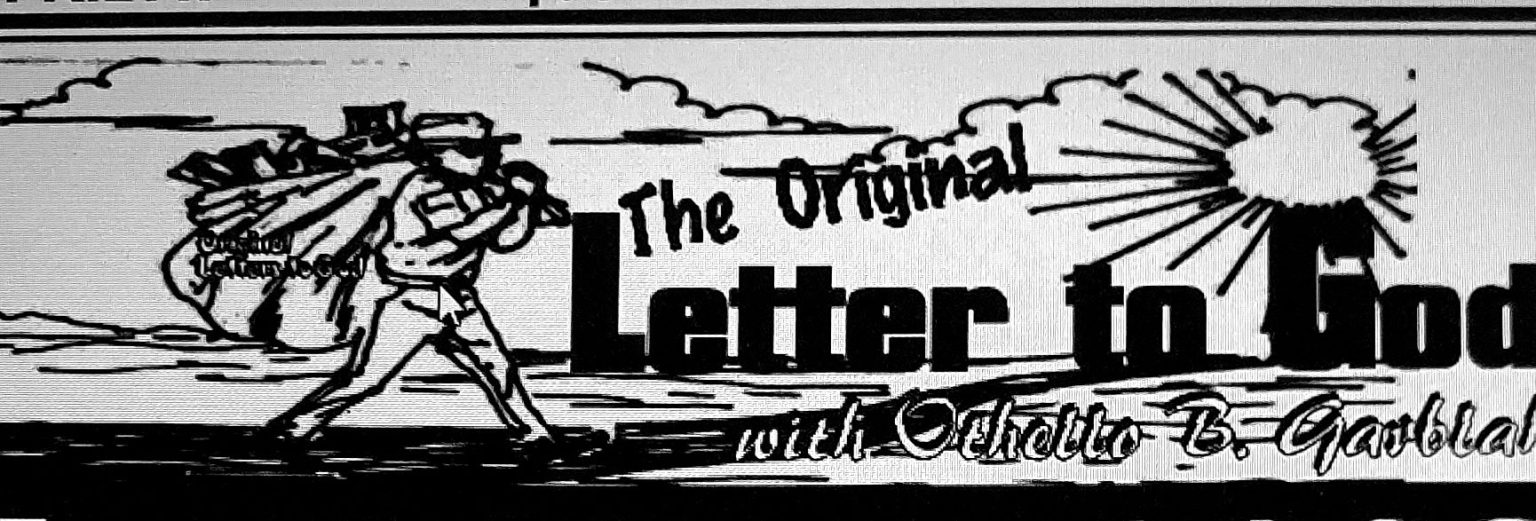In a vivid exchange between a father and his son, the dialogue opens with an incredulous tone aimed at the elder man’s frequent travels outside their village. The son expresses his discontent regarding his father’s constant globetrotting, implying that such excursions distract from the responsibilities at home. The father, filled with a mixture of disbelief and concern, questions why the elder man would choose to seek help from a foreign pastor instead of utilizing local resources, like the pastors in their own community. This situation reflects a broader issue of neglect and misaligned priorities that resonates throughout their community.
The son elaborates on the father’s plans, highlighting the financial implications of their travels, especially with Uncle Sam’s money at play. He expresses astonishment at how his father and their family seem to indulge in lavish spending while the community suffers from dire financial constraints. People in the village struggle to meet basic needs, like food and rent, yet the elder man’s family seems detached from these realities, engaging in behavior that appears selfish and irresponsible. This scenario suggests a disconnect between leadership and the community, as their leaders’ actions have detrimental effects on those they are supposed to serve.
The father reflects on the chaotic state of their village, particularly concerning youth behavior. He points out that without proper guidance and oversight, children often stray and indulge in activities that could harm the community. This lack of parental control is mirrored in the behaviors of the elder man’s own children, as they are involved in disputes over finances, leading to strife in the neighborhood. The father’s observations serve as a critique of the wider environment, where neglect and lack of responsibility create a cycle of unrest and crime.
The conversation then turns to financial corruption, as the son accuses the elder man of mishandling village funds—mentioning an instance where one of his siblings siphoned off significant money for personal gain. This highlights systematic issues within their governance and hints toward a culture of greed among local leaders. The son bitterly notes the apparent indifference of the elder man in disciplining his erring child, prompting the question of accountability. This commentary unveils how leadership failure can propagate a culture of entitlement and avarice, which erodes communal trust and cohesion.
As the dialogue intensifies, the father questions the utility of the expenditures being made for such extravagant travel by the elder man. The son entertains the idea that these trips serve no real purpose other than to squander resources. The father’s skepticism suggests a need for introspection within their leadership. He inquires about the future of the expensive vehicles acquired through dubious means, illustrating the futility of their ostentation as the community struggles for sustainability. This exchange reflects a collective urgency towards addressing local governance and prioritizing community needs over individual desires.
The conversation concludes on a contemplative note. The father’s rhetorical question reveals deeper philosophical concerns about the values and decisions that shape their lives. The son’s playful response diminishes the gravity of their complex situation, but the underlying issues remain unresolved. This ending emphasizes the cyclical nature of such discussions, where individuals grapple with cultural expectations, responsibilities, and the oppressive weight of their circumstances. Ultimately, the dialogue serves as both a critique of present conditions and a call for change, encapsulating the urgent need for active, compassionate leadership that genuinely serves the interests of the community.














